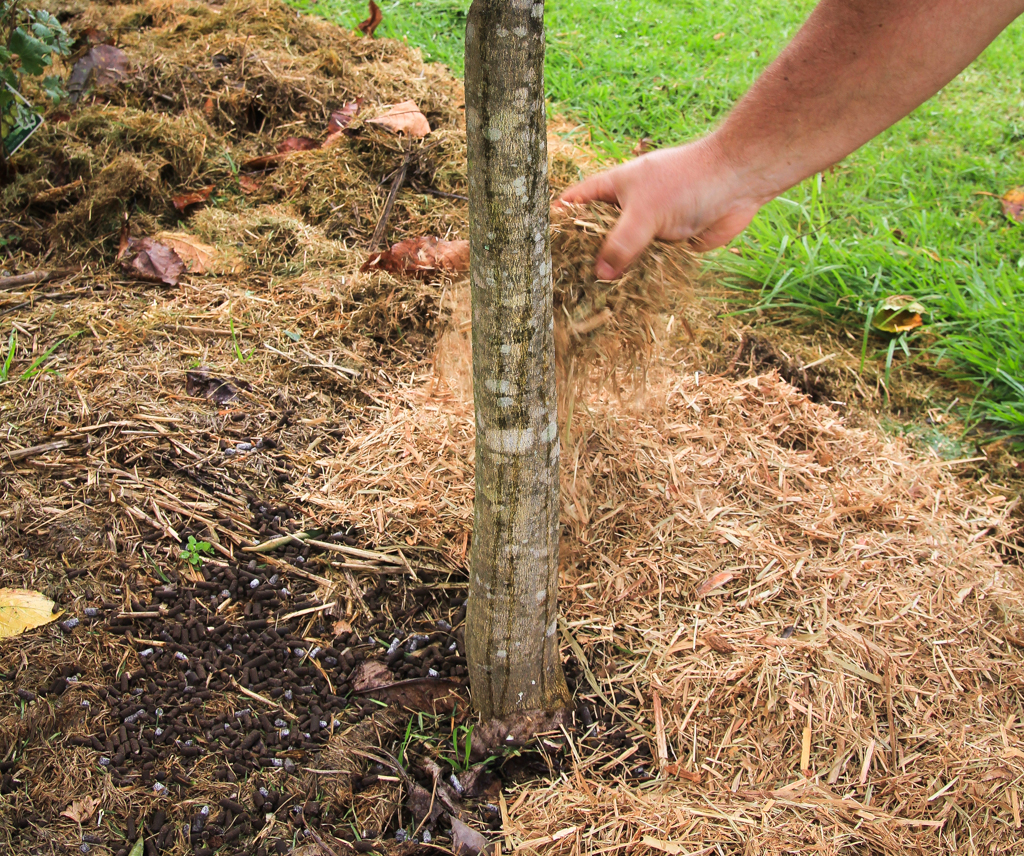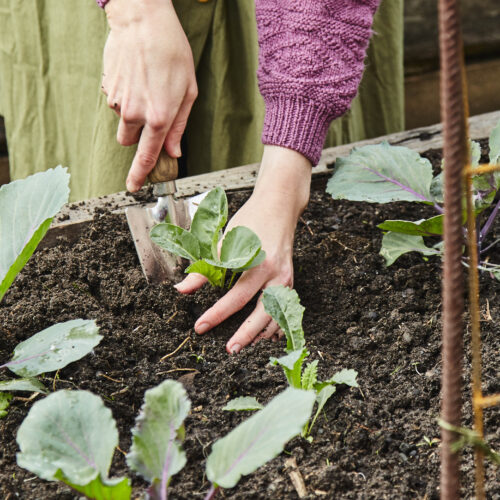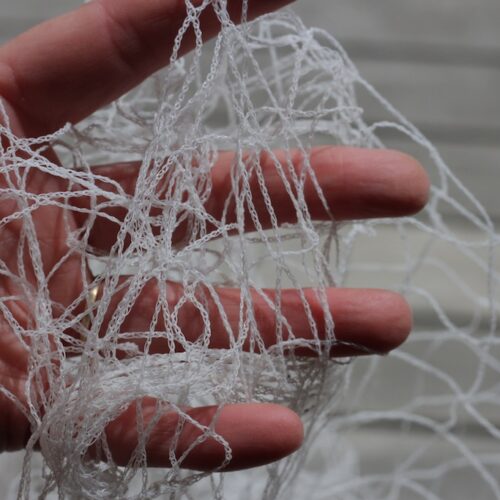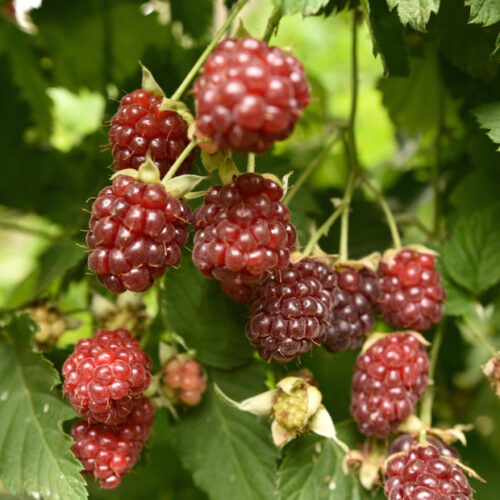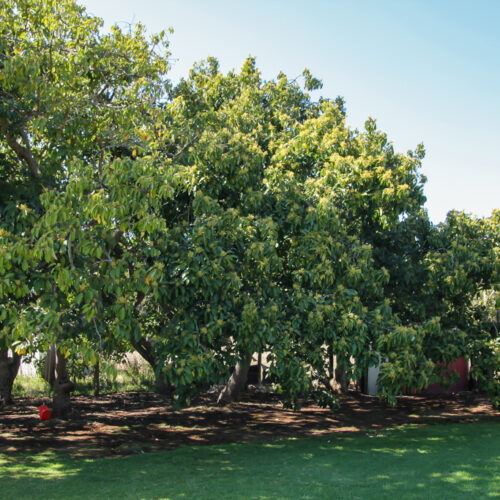What to do in October
2017-09-27T00:00:00+10:00
With an early spring giving way to summer in some parts of Oz, Justin Russell suggests jobs to help your garden cope.
- It’s been an early spring in many parts of eastern Australia and already the summer heat has made an appearance. Unseasonal warmth and short-term droughts coincide, so many parts of the country are also bone dry at the moment. I’m applying many of the lessons I learned, such as using a soil wetter to get moisture down to the rootzone, laying mulch to reduce evaporation and keep moisture-stealing weeds under control, watering in the early morning and late afternoon, and covering plants with shadecloth on hot, windy days to help reduce water loss.
- I’m also using water-saving devices such as drip irrigation and wobble sprinklers to keep the garden hydrated. Wobblers are brilliant. They are a low-pressure sprinkler that can run off a rainwater tank or mains water, and throw large droplets in a low trajectory just above ground level. The result is more efficient watering of large areas.
- One product I’m not a fan of is water-saving crystals. I prefer to add organic matter to my soil, because it has benefits beyond mere moisture retention. Before planting summer crops add organic matter such as aged compost, six-month old manure, leaf mould that decomposed over winter, even partly decomposed mulch.
- Another excellent soil amendment is biochar. This is simply charcoal that has been cooked at a relatively low temperature through a process known as pyrolysis. Each piece of biochar contains thousands of microscope tunnels, which act as a home for soil micro-organisms as well as acting like a sponge. Add about a double handful per square metre of soil along with the organic matter. With the right gear you can make it yourself, or you can ask for pre-bagged biochar at your local nursery. Peter Cundall has a great biochar method.
- Small birds such as wrens, swallows and willy wagtails do a great service for organic gardeners, gobbling up hundreds of pest insects every day of the year for free. Encourage them into the garden by providing a water source (a simple birdbath will do) and a safe place to nest. Shrubs such as grevilleas and hedge roses are brilliant for this purpose and are best planted before the weather gets too hot. Here’s more info on attracting birds to your garden.
- Citrus plants are flowering. Encourage them along with an application of liquid fertiliser. There are many brands available. Avoid those that contain synthetic ingredients in favour of products that contain once living ingredients such as kelp, fish emulsion, manure tea and worm juice. For maximum benefit apply the liquid as a foliar feed first thing in the morning.
- During October weeds are likely to be a problem, especially after rain. Get them young, and aim to never let a weed set seed. My favourite tools for weeding garden beds are the Dutch hoe (which works on a push motion) and the Gung/Collinear hoe (which works on a draw motion). Here’s some other organic weed control methods.

